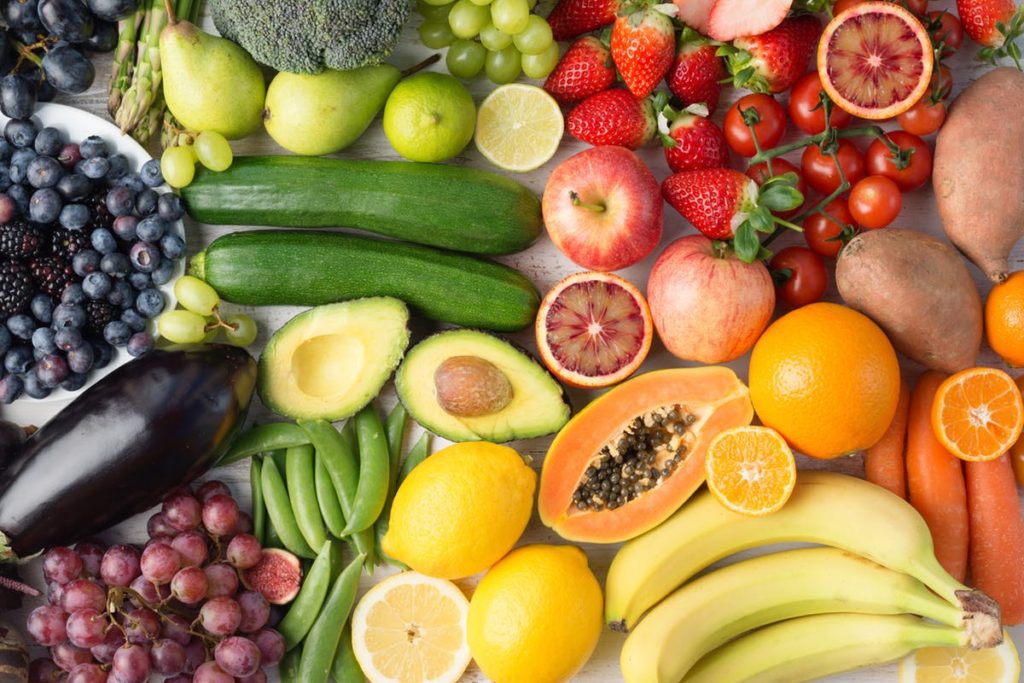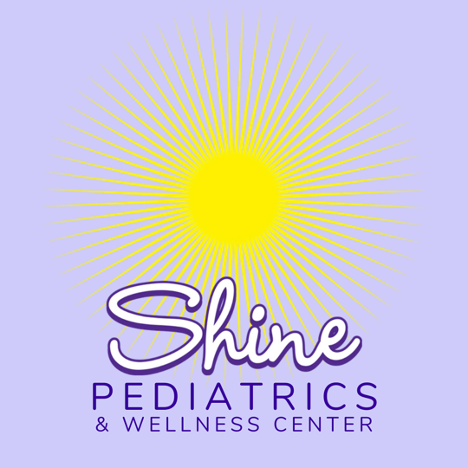
By: Randy Naidoo M.D.
Nutrition is becoming a lost art in medicine. In years past, many times before we had the numerous medications and surgical options, your diet was the way to alter the physiology of the human body. And whether you like to recognize it or not, McDonalds every single day will impact your human physiology in a negative way to cause pathology, also known as disease, also known as “I don’t feel good”
One day at my uncle’s home, I was watching some television with him, a rare time for me to watch anything on television. I guess if I watched more television or listened to the radio, I would understand how mainstream media is getting the message out about taking care of your health. Well anyways, the commercial spoke about this drug called Movantik. Never heard of it until I watched the commercial. I felt bad that as a physician I did not know about this medication. Well this medication is an opioid antagonist. Why in the world would a person need to take this medication? Are there that many people on pain meds? Do we have a ton of heroin addicts? Is everyone on morphine? Oh that explains why we see so much constipation in pediatrics. All of our tiny patients are taking pain meds or heroin. No that is not the case.
We must understand how there are foods in our diet that have a protein structure similar to an opioid and these proteins bind to areas of the body. This binding to areas of the body then have a “drug-like effect” on the individual. Now many of my colleagues may not respect that observation nor would they take the time to comment on it. But to never be aware of this dietary correlation puts almost every patient we take care of in jeopardy of taking medications uncessarily instead of just changing their diet.
And maybe that’s the question we need to answer. Maybe we as a society are taking more medications than ever before because our healthcare providers who are the “gods” for our health have limited to no knowledge on the impact of diet on health. I’ve heard many parents tell me, oh your child is not gaining weight…. just give him more ice cream and have him drink more milk. Oh my.
And I have also heard about eating a more balanced diet, a little from each food group. Again that’s better than all dairy but we are running into more and more patients with food allergies and food intolerances from mechanisms that even many in the scientific field do not have clear answer. Food dyes, colorings, and additives can have a true impact on some individuals. Certain food substrates are not metabolized correctly such as salicylates, phenols and other compounds. Is it possible that certain genetic errors do not allow for proper breakdown of synthetic agents? In these patients, the diet cannot be balanced and the patient may have to eat more foods from one group and look at more supplementation through nutritional aids.
And lastly, this article from the New York times in 2010 which I was reflecting on when clearing out my 7000 unread emails from over 7 years ago. Please do not laugh: http://www.nytimes.com/2010/09/16/health/16chen.html
LIMITED EDUCATION TO OUR FUTURE DOCTORS (from the article)
While the researchers learned that almost all schools require exposure to nutrition, only about a quarter offered the recommended 25 hours of instruction, a decrease from six years earlier, when almost 40 percent of schools met the minimum recommendations. In addition, four schools offered nutrition optionally, and one school offered nothing at all. And while a majority of medical schools tended to intersperse lectures on nutrition in standard, required courses, like biochemistry or physiology, only a quarter of the schools managed to have a single course dedicated to the topic.
So to anyone who is visiting their physician, you should ask them a very core question. How have you trained on dietary recommendations? If they tell you, whatever I learned in medical school or residency. That is not sufficient. And if he or she just refers you to a nutritionist or says take a vitamin over the counter and you will be fine, you need to find another physician because part of our duty to patients is to decrease disease through food. This is critical to do no harm.

